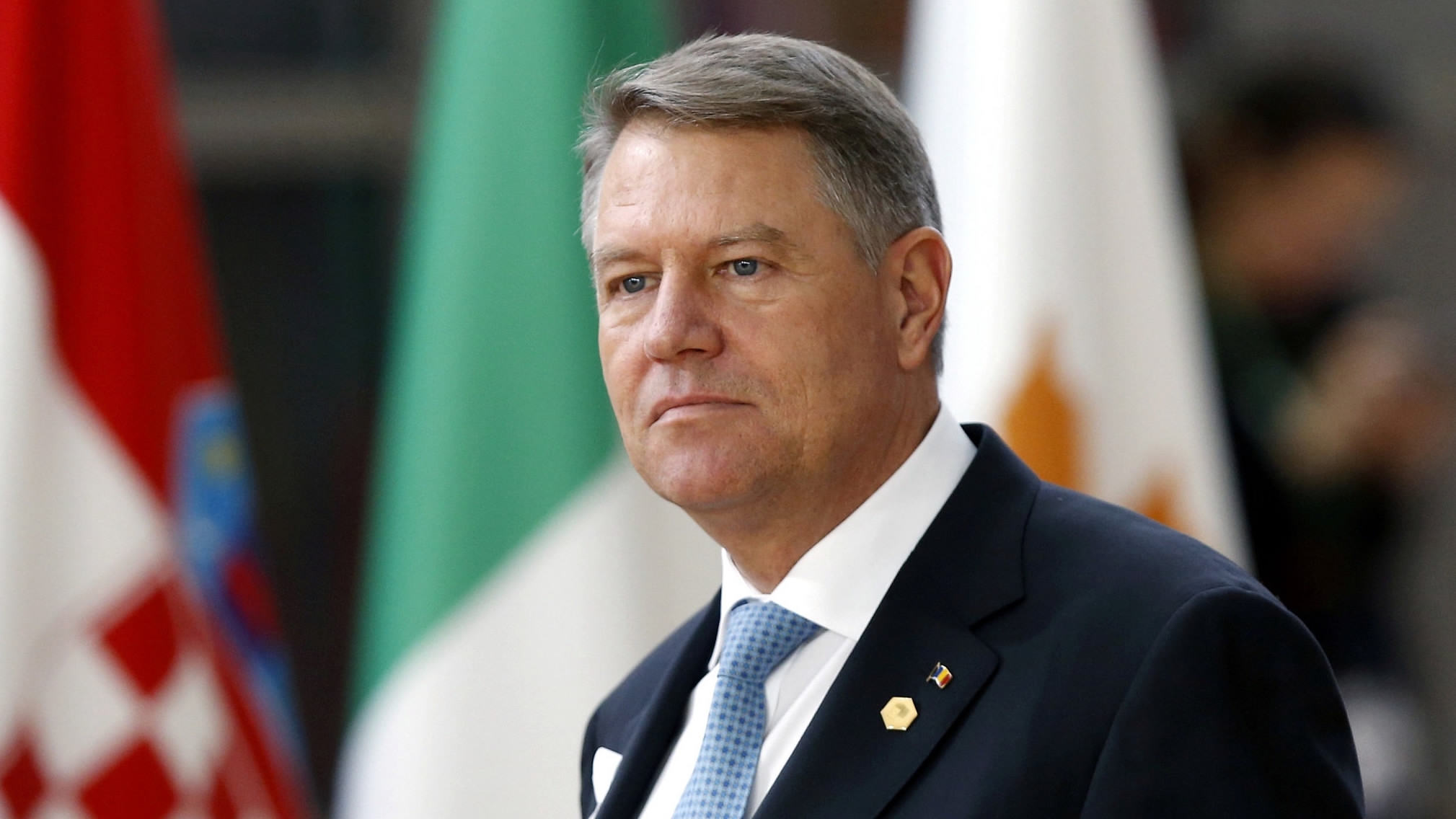
Politics
21:59, 02-May-2018
Romanian president refuses to approve controversial judicial reforms
CGTN

Romania's President Klaus Iohannis refused Wednesday to approve a package of judicial reforms proposed by the government in its current form, which Brussels says threatens the judiciary's independence.
Iohannis said he would send the proposals to the Constitutional Court and would seek the opinion of European experts on the reform package, which was adopted by the left-wing government in December.
"These laws do not conform to the national constitutional framework nor to the relevant European standards," Iohannis said in a televised statement.
"This is why I've decided to send them to the Constitutional Court and to refer the matter to the Venice Commission," he added, referring to an advisory body of the Council of Europe made up of independent experts.

Hundreds of people gather in the Victoria's Plaza to demand the resignation of Prime Minister Viorica Dancila as Romania's President Klaus Iohannis also called for the resignation of the prime minister amid a row sparked by the possible move of the country's embassy in Israel to Jerusalem on April 27, 2018. /VCG Photo
Hundreds of people gather in the Victoria's Plaza to demand the resignation of Prime Minister Viorica Dancila as Romania's President Klaus Iohannis also called for the resignation of the prime minister amid a row sparked by the possible move of the country's embassy in Israel to Jerusalem on April 27, 2018. /VCG Photo
The three bills passed in December by parliament – dominated by the ruling Social Democrats (PSD) – would "weaken the status of prosecutors," "risk obstructing justice" and put in place structures "liable to intimidate magistrates," Iohannis said.
He also pointed to the "serious worries expressed by our international partners," alluding to criticism of the package by the European Commission.
He urged judges on the Constitutional Court to "take their time and work with" European experts and did not rule out asking the court to consider the laws again if he wasn't convinced by their reasoning.
The Council of Europe's anti-corruption body Greco has also expressed concern that the reforms could have a "negative impact on efforts to fight corruption" in one of the EU's most graft-prone countries.
Iohannis said that the PSD government had "launched an assault against the justice system" by trying to weaken anti-corruption legislation after winning office in late 2016.
Those moves sparked Romania's biggest wave of anti-government protests over the past two decades, forcing the government to retreat.
Iohannis has frequently clashed with the government and last week demanded the resignation of Prime Minister Viorica Dancila following a row over a plan to move Romania's embassy in Israel from Tel Aviv to Jerusalem.
Source(s): AFP

SITEMAP
Copyright © 2018 CGTN. Beijing ICP prepared NO.16065310-3
Copyright © 2018 CGTN. Beijing ICP prepared NO.16065310-3